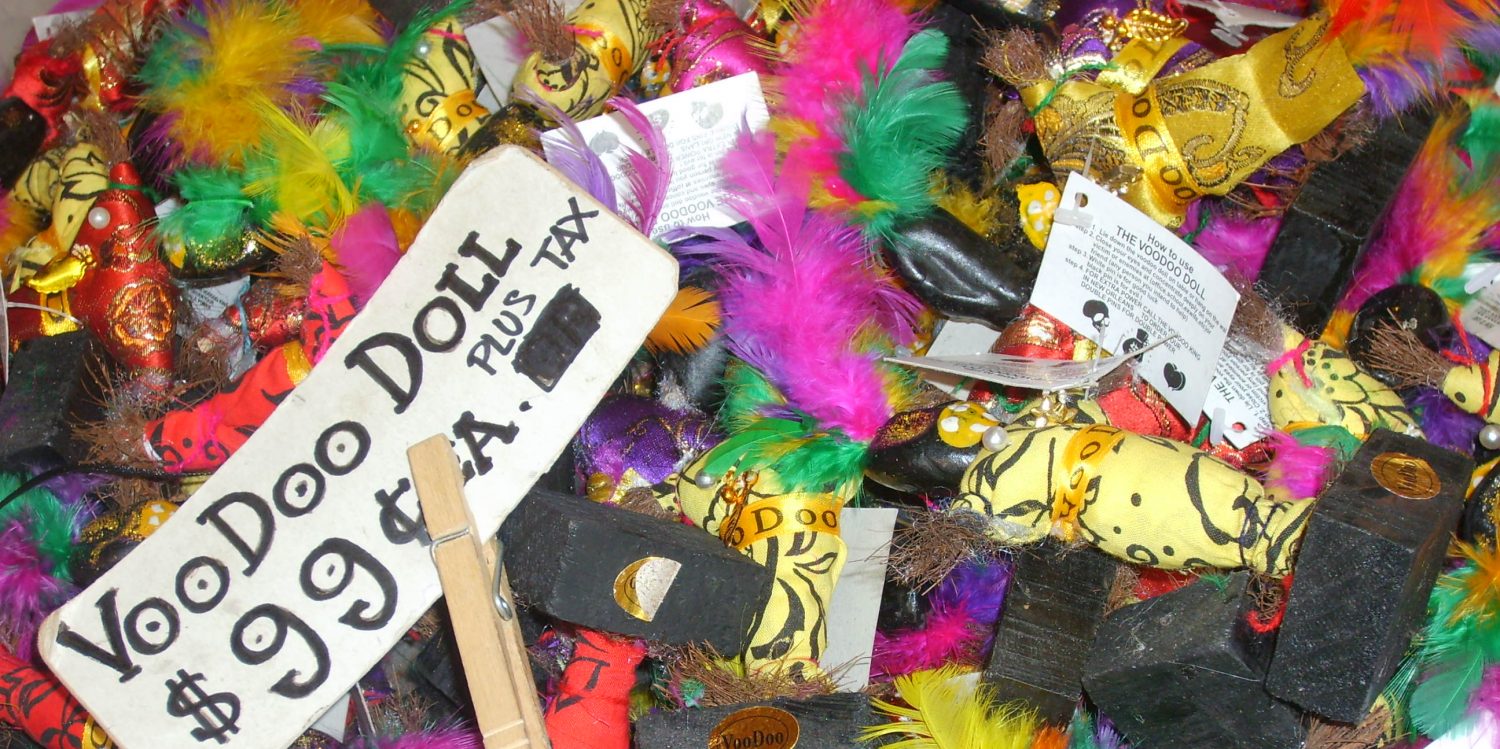Earlier this month, I read a great book: Roll With It: Brass Bands in the Streets of New Orleans by Tulane professor and musician Matt Sakakeeny. It’s an analysis, one of the first, of the work and lives of the musicians who play in the new generation of hip hop-influenced New Orleans brass bands. Sakakeeny mainly writes about musicians in the Hot 8, the Soul Rebels and Rebirth, many of whom he has close personal relationships with.
There are many things I really like about this book. But what I want to draw attention to here is the way in which Sakakeeny emphasises the relationship of culture and its political and economic contexts, a relationship I’m very interested in. He highlights how the creation of New Orleans’ distinctive and beloved brass band music today has always been enmeshed in complicated social and financial structures.
For example, Sakakeeny rightly recognises the jazz funeral as the musical heart of the New Orleans brass band tradition, but points out that these events are also an important source of income for brass band musicians.
He goes on to examine at length how their participation in these funerals, particularly in the tragically not unusual experience of where they’re for colleagues, relatives and friends, can be a source of musical inspiration and hence financial profit and are a part of a wider artistic engagement characteristic of New Orleans brass band musicians with the poverty, violence and injustice that are often presences in their lives.
We do have a brass band tradition in the UK, but it’s different to that of New Orleans and, certainly in the case of London, not on the same scale. However, as with the musical culture Sakakeeny has studied, there is a significant political and economic dimension to the work of brass bands here.
There’s historically been a strong connection in the UK between brass band music and working class life, particularly in the case of colliery bands. This connection was very effectively examined in 1996 British film Brassed Off, which tells the interlinked stories of the closure of a Yorkshire village’s coal mine and the fortunes of the community’s colliery band.
London has no collieries but does, you might be surprised to hear, have a colliery band. Named after the area where I live, Hackney Colliery Band is made up of classically-trained musicians who would be quick to admit that, while most of them are based in Hackney or nearby, they do not have local connections equivalent to the community roots the members of New Orleans brass bands or British colliery bands tend to have.
Rather they aim to represent in their work a mixture of some of the very diverse musical influences found in Hackney, including jazz, rock, African music, Balkan music, hip hop and a vibrant club scene. “We try to imagine,” said Hackney Colliery Band trumpeter Steve Pretty when I spoke to him earlier this year, “that there was a colliery band [in Hackney] – there’s this whole tradition of colliery bands being the hub of the community, reflecting the musical tastes of that community.”
They’ve also drawn musically on the rich worldwide brass band tradition, including New Orleans brass bands, and embraced the tradition’s commitment to social engagement. For example, parading, that powerful use of performance as a political act so often engaged in by brass bands, is an element of their onstage (or should that be off-and-around-stage?) presence.
Taking things one step further, the band are currently working with young brass players in a project set up in conjunction with the Roundhouse performance venue in Camden, a borough adjacent to Hackney in north London with a similar mix of privilege and deprivation.
To give a third example, the band have named their latest album Common Decency which, Steve told me, “came out of the fact that I wrote a tune when I was quite annoyed with people not behaving properly and it’s gratifying that it’s now the guiding philosophy of the band.”
You could read Steve’s statement as an understated, and thus characteristically British, expression of a laudable commitment to social justice that’s shared by many brass band musicians. Sadly, social justice is something that’s sorely needed in London, across the UK, and in New Orleans. And the part that brass bands and other producers and guardians of culture can play in bringing it about should never be taken for granted or forgotten.

